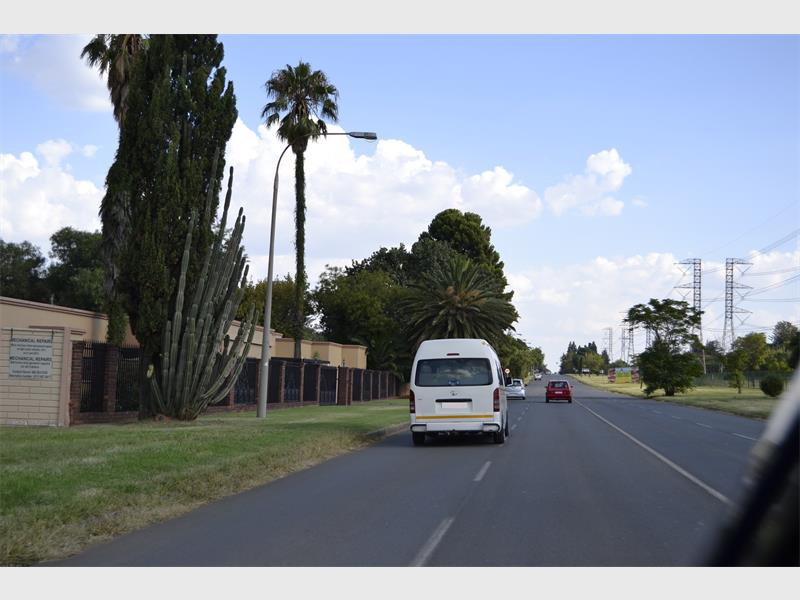Dreaded rabbit haemorrhagic disease confirmed in Alberton
A disease that can kill rabbits has spread further and was confirmed to be in the CoE (Alberton). Janine Scheffler-Klynsmith desperately needs help to save her 80 rabbits.

Janine Scheffler-Klynsmith, who is devoted to animals, has enjoyed the company of pet rabbits for as long as she can remember.
She started breeding them under the rabbitry named Watership Down in 2010 when she joined the Gauteng Rabbit Breeders Association.
“We ethically breed show rabbits to preserve the breeds still left in SA. Over the years, we made ourselves a name with the Flemish Giant rabbit. We have bred some of the best rabbits of this breed present in our country. They have won shows with local and international judges,” she said.
She said this was a huge achievement, considering they were almost extinct when they started with the breed. It took them years of selective breeding and blood, sweat, and tears to save them.
“But they are with us today because of that. We got them to a standard where an international judge said he had not seen a quality animal like him in 40 years. We were featured in the Fur and Feather magazine in England in 2019,” she explained.
Disease outbreak
Janine’s rabbits are her pride and joy. But now, the country faces a crisis in the rabbit world – rabbit haemorrhagic disease (RHD). It is relatively new to SA and was confirmed last October in the Karoo.
“This disease was never in SA and is part of the reason that importing rabbits into SA is illegal. The dreaded disease has caused havoc and cost many rabbits and hares their lives. My dear friend has started a campaign to enable me to vaccinate all my rabbits because I cannot do this alone,” she said.
She said she never bred her rabbits for financial gain and “therefore, the funds are just not there to have everyone vaccinated”.
The state veterinarian said: “Vaccination may be considered if rabbits do not fall sick, and no rabbit deaths are reported for seven consecutive days after the last death. The assumption is that they have been removed from an infected house during that period.”
The Gardenvale AH resident urged everyone who has rabbits or knows of anyone who does to do their research on this disease to keep their pets safe.
If you wish to help Janine save her rabbits, call her on 079 976 8263 or 061 433 2221.
Help stop the spread
Dr Duma Mpofu, the chief state veterinarian in Animal Health Regulatory Services, warned of the outbreak of a disease that causes deaths among rabbits and hares in Gauteng.
“It affects only members of the rabbit family (rabbits and hares). In the Vaal region, it has caused the deaths of many rabbits and hares in a wide area. Residents in the areas (Meyerton, Vereeniging, Vanderbijlpark and Walkerville) have reported finding dead hares and feral rabbits on their land and common property, as well as domestic rabbits (pets and farmed),” he explained.
The state vet investigated the deaths and confirmed the RHD virus was the cause.
He confirmed that the disease has spread further and is in the City of Ekurhuleni (Alberton), City of Johannesburg (Chartwell) and City of Tshwane (Centurion).
“The virus is spread by direct contact with an infected rabbit, indirectly through contact with contaminated fodder and people’s shoes, hands, and clothing. Flies, fleas, birds, rodents, predators, and scavengers are also involved. Rabbits that survive an infection remain infectious for up to 60 days,” Mpofu said.
Crucial measures
• Avoid unnecessary rabbit movements from place to place.
• Avoid rabbit gatherings.
• Dead rabbits and hares should be handled with gloved hands and buried or incinerated to avoid scavenging.
• Keep owned rabbits secure to prevent contact with other rabbits or hares.
• Do not release farmed or pet rabbits into the wild where they could infect others.
• Do not allow visitors into rabbitries or let them handle pet rabbits without protective clothing.
• Always wash hands with soap and water before entering and leaving the rabbit area.
• Do not introduce new rabbits without first isolating them for at least 14 days.
• Use separate equipment for newly acquired or isolated sick rabbits.
• Disinfect all equipment and cages moved onto or off the premises before returning them to the rabbitry.
• Try not to source fodder or food that originates from an area where RHD outbreaks are ongoing.
• Contact a veterinarian if rabbits or hares appear ill or die suddenly.
Suitable disinfectants are 10% household bleach, F10 veterinary disinfectant, 2% formalin, and 10% sodium hydroxide. Alcohol is unsuitable for use to destroy this virus.
Report all sightings of rabbit or hare deaths in your area to the Germiston state vet on 071 543 3028.
Click here to make a donation to Save the Bunnies.



